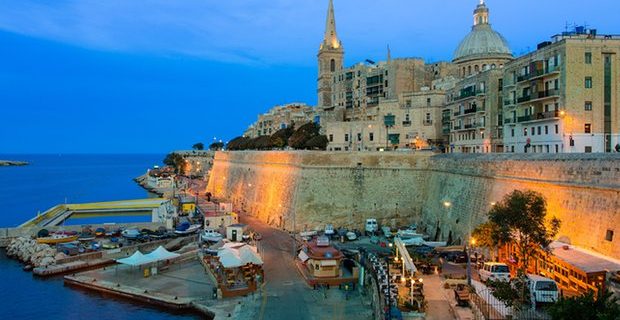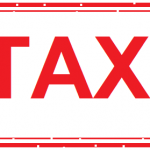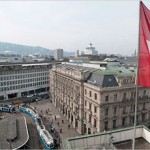Malta: Paradise Papers leave locals polarized

In the wake of the Paradise Papers leaks, many locals in Malta feel frustrated and are calling on the European Union to come to the rescue.
“A term my friend came up with — we are political orphans. We have no leader, no direction, no ambition because of that,” says Alexander Hili, a student of European Studies. Hili fluctuates between strong motivation and growing frustration. He has joined numerous protests for the rule of law in Malta, but as another leak on offshore dealings of the rich hits the archipelago, most ordinary people, in his words, prefer to go with the flow.
In a European Parliament plenary session on Tuesday, Commission Vice President Frans Timmermans saw no major wrongdoing in Malta. However, the European Parliament is set to adopt a resolution questioning police independence and appoint a special mission to Malta. Local activists and English-language editorials are calling for a stronger EU role in holding Malta accountable.
The European Parliament’s Committee of Inquiry into Money Laundering, Tax Avoidance and Tax Evasion (PANA) criticized Malta for failing to start a police investigation despite evidence “of serious risks of money laundering” after the Maltese prime minister’s chief of staff, Keith Schembri, and government minister Konrad Mizzi admitted to having undeclared offshore companies in Panama.
The Panama Papers fallout
In June, the ruling Labour Party called an early election – and won it by a landslide. Even Labour voters like Tanya, a shop manager, were surprised. “[After the Panama Papers revelations] I wasn’t sure what to do. But then [laughs] you get carried away. Well, have I been better for the last five years? Yes. Do I want to change it? No. Do I believe in the other party? No, I don’t. They didn’t have concrete proposals; they just said: Panama Papers, Panama Papers.”
Largely unmoved by offshore revelations, Malta mobilized after the murder of Daphne Caruana Galizia, who exposed the Panama Papers allegations. Protesters carried posters with the slain journalist’s last published words – “There are crooks everywhere.” Yet when student Alexander Hili attempted to organize a vigil on campus, only a handful of students showed up.
“You find some academics who are so vociferous on what goes on in Palestine, Chile and all over the world, but when it comes to local politics, they are totally silent,” says Dr Michael Briguglio, a political sociologist, one of the leaders of the Civil Society Network behind the protests, and a local council member with the opposition Nationalist Party.
Us vs them
Raisa Galea, a marine researcher who actively blogs on Maltese politics, finds it regrettable that the offshore revelations became an “us and them” issue in many debates. “My middle-class friends were baffled about the Panama Papers, but I found it rather hypocritical, as [their indignation] was about how Labour tarnished Malta’s reputation, that they did not hide [corruption] well. My more ordinary circle, like neighbors, are so removed from it.”
For Tessie, who is retired, discussions about the offshore revelations were also not enough to overshadow the issues she sees at the local level. “I don’t understand what happened in Panama,” she admits, pointing out that she avoids discussing politics with those friends who feel passionate about it.
Willem Pieter De Groen, who has researched offshore financial structures for the Center for European Policy Studies and whose paper is quoted in the PANA report, points out that offshore dealings are also bundled with the so-called golden visa policies under which foreigners can obtain Maltese citizenship for a fixed sum.
According to Dr Kathrin Schödel, co-founder of a critical discussions network called Institute of Utopian Studies, the illegality of offshore transactions is only the tip of an iceberg. “[Malta’s] concept of being a tax haven is accepted by the EU as a way of competing for investors. Selling passports is also a legal way of creating a national economy able to survive in an economic system based on the competition between national economies as a country with little natural resources or industry.”
Currently, tax decisions at the EU level must be agreed unanimously. De Groen argues that knowing how offshore structures work is an important first step to developing a policy response, especially to the unregulated but crucial role of various intermediaries, such as tax advisers. Confronted with a paucity of explanations, many ordinary citizens are left unsure what the European Parliament can do to help their country.
Source: DW – Malta: Paradise Papers leave locals polarized





























